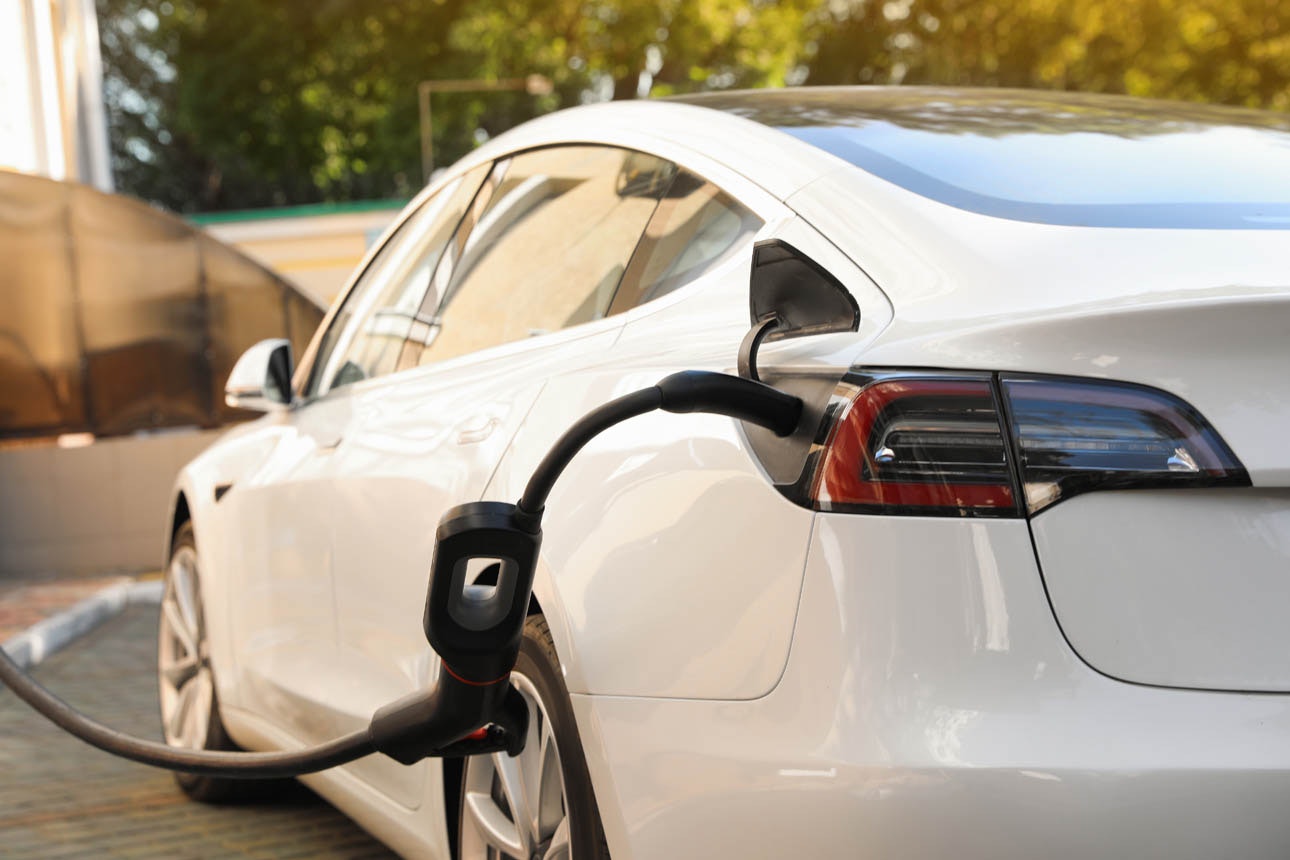
By Rebecca Styles
Research Lead | Hautū Rangahau
Signing up for “quick and easy, competitive vehicle financing” at the car yard sounds tempting, but there are some fishhooks to watch out for.
Like any finance deal, the devil can be in the detail. There is usually a range of fees when buying a car on finance, and you'll likely pay thousands in interest. You may also be sold add-on products that we don’t think are worth your money.
In some cases, a $10,000 car could end up costing you $20,000 or more.
Here’s what to check before you sign on the dotted line.

How car yard finance deals work
Many big car brands have in-house finance, while other dealers usually offer loans through finance companies.
With most loans, you pay an initial deposit followed by monthly payments over the agreed term – usually 1 to 5 years. The lender generally has a security interest in the car until it has been paid off.
For the loan application, the lender will ask you about your income and expenses, and likely run a credit check. They do this because they need to make sure the loan suits your needs and you can afford to pay it back.
When car dealers arrange a loan for you, you’ll likely be charged a “broker” or “dealer referral fee”. It’s what the dealer gets for being the go-between between you and the finance company.
Your legal rights once the loan is approved
Once the loan is approved, the lender must give you a disclosure statement which explains the total cost of the loan. It includes how much interest you’ll be charged and how it’s calculated, the cost of any fees, and what happens if you default or pay off the loan early.
If the lender requires you to take out insurance, it should justify why it’s needed. It can only insist on insurance if it covers reasonable risks and doesn’t double-up on insurance you already have (see “Add-ons add up”). You can also shop around elsewhere for the insurance – you don't have to buy the products on offer at the car yard.
Once you’ve signed the loan contract, you’ve got a short “cooling-off” period when you can cancel the finance deal. This period is 5 working days after you get the required disclosure information. The time is longer if the information is emailed (7 working days) or posted (9 working days from the date mailed).
However, if you cancel your finance deal and you’ve already taken possession of the car, you’ll still have to pay for it, which may mean finding alternative finance if you haven’t got the cash on hand.
Add-ons add up
The lender may also sell you extras, such as mechanical breakdown insurance or income protection, and add them to the loan.
These add-ons can be expensive, and we don’t think they offer good value for money.
We explain what add-ons are and why you should steer clear of them.
Mechanical breakdown insurance (MBI)
MBI is for an unforeseen mechanical or electrical fault.
However, our research has found most MBI policies have a long list of exclusions which means they aren’t good value for money. In fact, they don’t provide much more cover than the Consumer Guarantees Act (CGA).
Under the CGA, if you’ve bought a vehicle that isn’t of acceptable quality, the dealer must sort it out.
Rather than buy MBI, we recommend you invest in a pre-purchase inspection and then service your car regularly.
Guaranteed asset protection (GAP)
In the event of a total loss, GAP insurance helps cover the shortfall between any comprehensive insurance payout you may receive and the amount you still owe on your car loan.
You must have comprehensive car insurance in place (not third party or third party, fire and theft). If you don’t, you won’t be able to claim and may still end up paying for the GAP insurance if your car is totalled.
Yet, GAP policies are often very poor value for money. The Commerce Commission found that not many people claim on GAP policies. In 2020, consumers spent nearly $14m on GAP policies, but just under $2m was paid out.
Credit contract indemnity (CCI) and payment protection insurance (PPI)
CCI and PPI policies are similar because they both kick in if you can’t make repayments due to sickness, hospitalisation, accident, redundancy, bankruptcy or death.
However, there is a long list of exclusions.
We think CCI and PPI policies offer limited value for money. In 2020, nearly $34m was paid in premiums, while just under $3m was paid out.
Maintenance plans
Some lenders may also offer car service or maintenance packages. It's best to ask the dealer what the package includes so you can make sure it’s value for money.
We’ve come across one that includes a warrant of fitness (WoF) check, registration, and service checks. While others may also have roadside assistance.
You may find it’s more affordable to pay for servicing, a WoF and registration when it's due, rather than pay for a package that could be added to your loan and accrue interest.
The finance company may deactivate the car if you don’t pay
While most of us think GPS devices are to help us get around, some lenders will attach a GPS device called an immobiliser to your car so they can track it and stop you if you’re late paying your loan.
This should be listed on the disclosure statement because you’ll likely be charged for it in the loan. We’ve seen cases of a borrower being charged $430 for a GPS device, as well as a monthly management fee.
While the immobiliser can be helpful tracking a stolen car, in cases community advocates have seen, it’s used to ensure people pay their loan on time.
We think deactivation devices should be banned.
TIP: It’s best to shop around for the right loan before you’ve found the car you want. Check out a range of lenders, along with banks, to find the best deal for you.


